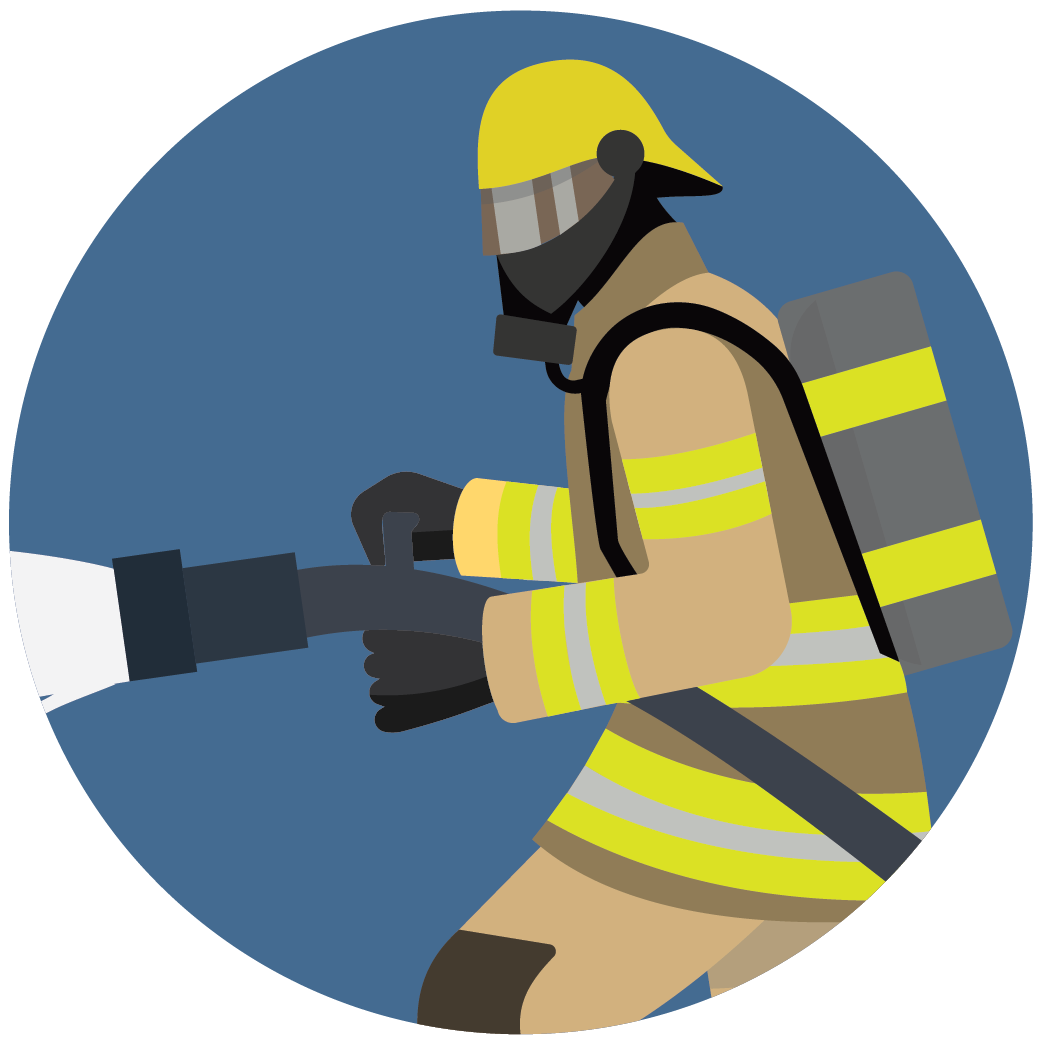Toxics in firefighting law
- Restricts the manufacture, sale, and use of class B firefighting foams with intentionally added PFAS, like AFFF (aqueous film-forming foam) for training in Washington.
- Requires manufacturers of firefighting personal protective equipment (PPE) to notify buyers in Washington if their products contain PFAS (per- and polyfluoroalkyl substances).
We are developing an AFFF collection and disposal program to help local fire departments and first responder organizations collect and safely dispose of unused AFFF they have on-site.
What does this law include?
In Washington, class B firefighting foam cannot be:
- Manufactured or sold (exemptions include military, petroleum refineries and terminals, certain chemical plants, and Federal Aviation Administration (FAA) certified airports.
- Used for fire training.
PFAS foams may still be used for emergencies and testing required by federal laws and rules. This law does NOT apply to military (DOD) installations.
Requirements for PFAS-containing firefighting PPE
PFAS-containing firefighting PPE can still be manufactured and sold, but manufacturers and sellers must provide a written notice to buyers in Washington that their products contain PFAS.
Preferred purchasing guidelines
The law directs us to work with the Department of Enterprise Services to develop preferred purchasing guidance to help other public sectors avoid purchasing AFFF and PFAS-containing PPE.
Frequently asked questions
Related links
Contact information
Sean Smith
AFFF Disposal Program
sean.smith@ecy.wa.gov
Kathleen Gilligan
Chapter 70A.400 RCW Compliance
ConsumerProductReg@ecy.wa.gov


